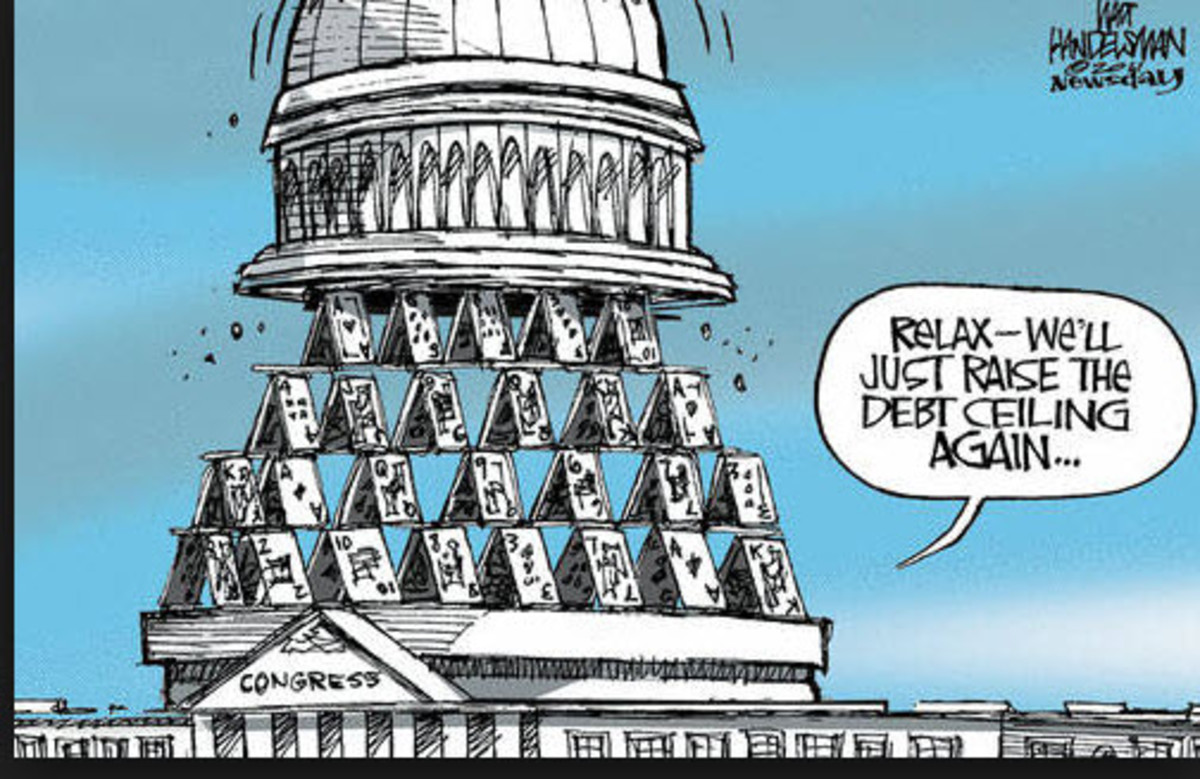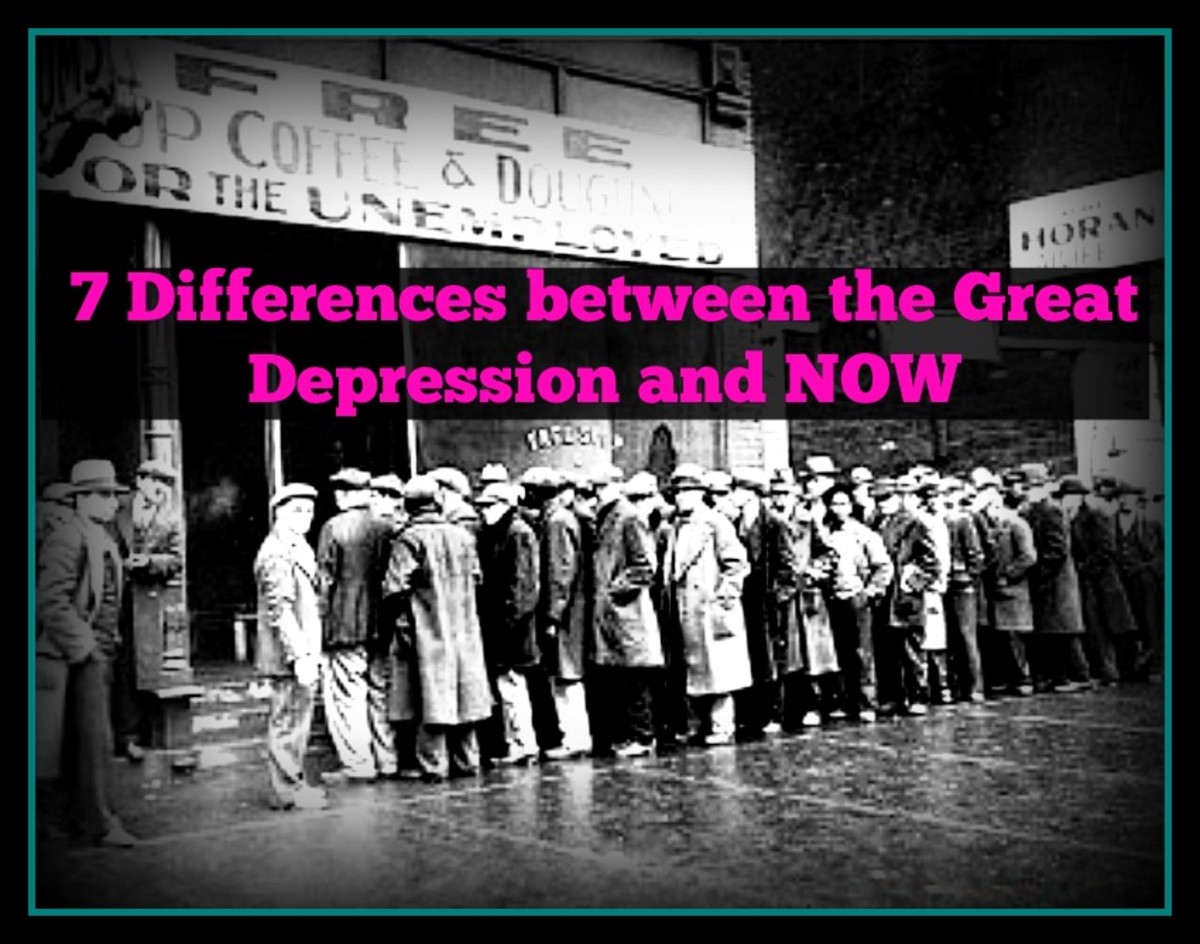Should the U.S. Lose the Debt Ceiling?

During the summer of 2011, President Barack Obama insisted on a “clean bill” authorizing an elevation of the national debt ceiling. Saddling the legislation with balanced budget amendments or draconian budget cuts was not acceptable, said the president. The bill eventually passed into law with a giant stipulation – that a select congressional panel do the hard work of negotiating budget reductions amounting to 1.2 trillion dollars, lest those draconian cuts be imposed without recourse. (Incidentally, why is it that budget increases are never considered draconian?) In the aftermath, the congressional superstars foundered and the forced cuts are on their way…perhaps.
Yet the impending reductions are not preventing the Obama administration from seeking the third increase in debt-ceiling altitude. It begs the question: what is the debt ceiling for, anyway? What good is a barrier that is constantly re-positioned to a higher place? According to the Congressional Research Service, it exists to make clear American commitment to fiscal parsimony, a reaction to the massive borrowing that financed World War I. Yet its fluid set point gives lie to that commitment.
If thrift and prudence were national commitments, we would not be where we are. Because we believe in the government as an agent of egalitarianism and paternalism, we will always spend too much. As long as unemployment insurance is considered an economic stimulus to be extended ad infinitum – as opposed to a temporary safety net – we will spend too much. As long as federal compensation rises faster than private wages, we will spend too much. As long as the federal government takes a scientific interest as to why chimpanzees hurl their defecation, we will spend too much. As long as there is any significant argument regarding these absurdities, we will now and forever spend too much.
So why not accede to the wishes of Moody’s and several illustrious congressmen: do away with the debt ceiling altogether?The rating agency believes that the very setting of limits is the problem. Without them, we would not have to endure these legislative showdowns, thereby sparing our creditors any discomfort. Democratic Congressmen Jim Moran, Jerrold Nadler and Hank Johnson concur, advocating legislation that will free Congress to spend to its heart’s content. Said Nadler to The Hill:
Nadler told the paper that the debt ceiling is “is truly arbitrary and has nothing to do with the deficit.” It doesn’t prevent the federal government from incurring new debts, but limits whether it can borrow money to pay for debts already on its books, Nadler said.
As if the two are mutually exclusive. Recall last summer, when the debt limit deadline approached, discussion shifted to whether Social Security checks would be issued, or whether our troops in combat would be paid in the event of no resolution. Rarely mentioned was furloughing civilian federal employees or de-funding chimpanzee studies or divesting of all interest in Fannie Mae. Though less painful, such sacrifices would be tougher to spin for this administration. So we were left with the usual set of false choices. As usual, the Republicans blinked.
The point is that the US needs to begin to “pay for debts already on its books” with money it already collects. Is this not vastly superior than paying for debt with more debt (full disclosure: I have tried this in my own life)? No, as impotent as the debt ceiling seems at the moment, it need not always be so. Legislators do not rule by fiat…at least not yet, but by our sufferance and consent. It may take unknown reserves of moral courage to turn out a congressman who brings home the federal bacon, who knows her constituents’ names and provides efficient constituent services. However, these times may require a different sort of public servant: one who may be personally remote and unresponsive, but will impose rigid guidelines on the approval of new spending. This legislator’s staff guy may not call back in one hour, but he will be straight with the boss over the long-term fiscal consequences of each vote. She may not be able to claim credit for as much federal largesse or as many grants, but she can assure you that she helped prevent pork in other districts, too.
Why should they honor debt limits when we punish them for doing so? Conversely, why do we reward them with re-election for raising the limit time and again? These questions are not partisan, by the way. That is why the current trend in sympathy away from the parties is so heartening. Emotional detachment from these structures – no matter how noble or ignoble their histories – is the first step to a political awakening. Then we can strip these debates of personality cults. Finally, we can deliberate soundly and sanely about the role of government in the life of a free people. Only then can Americans take pride in such antiquated notions as fiscal restraint.









